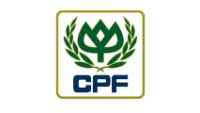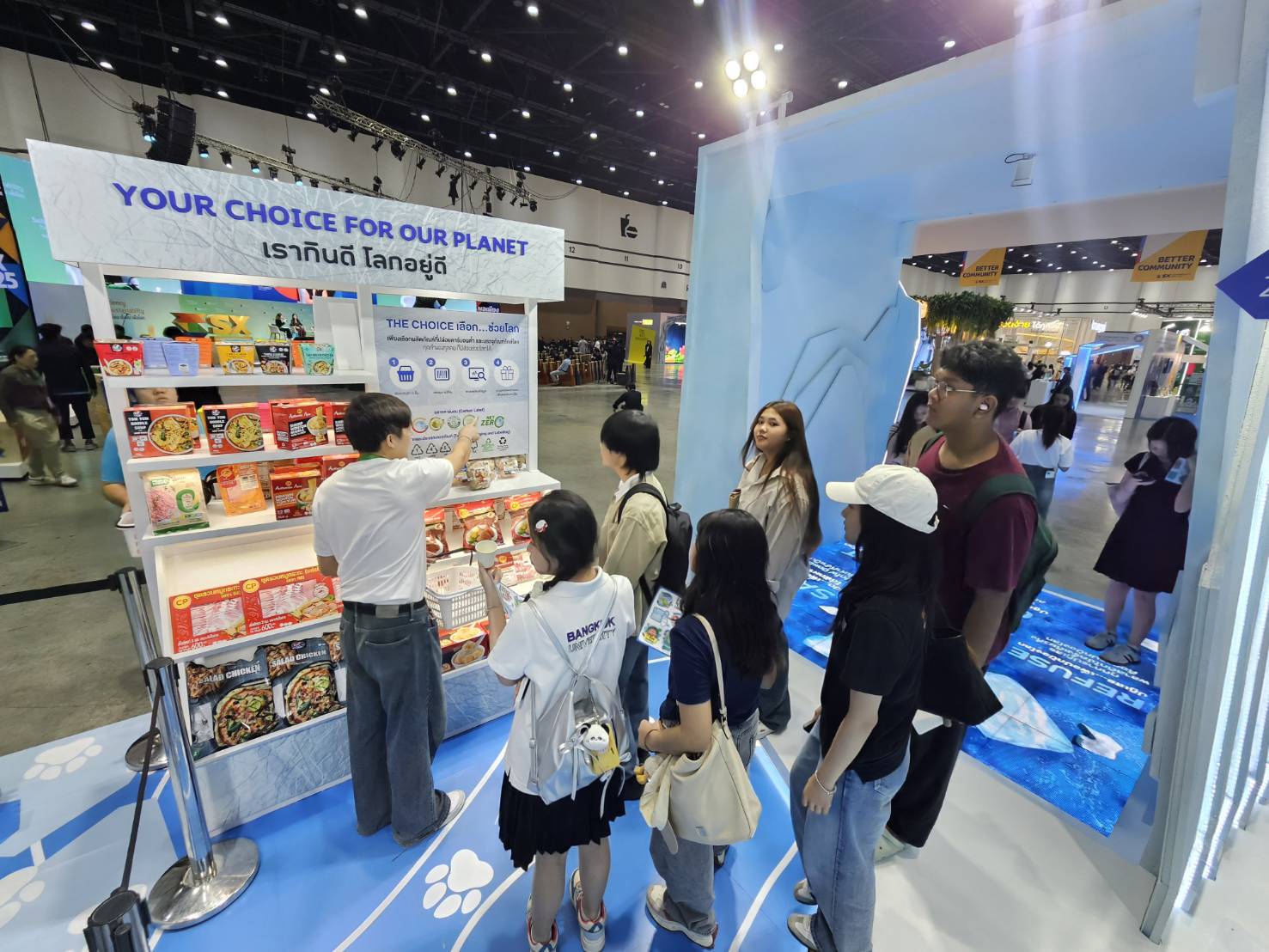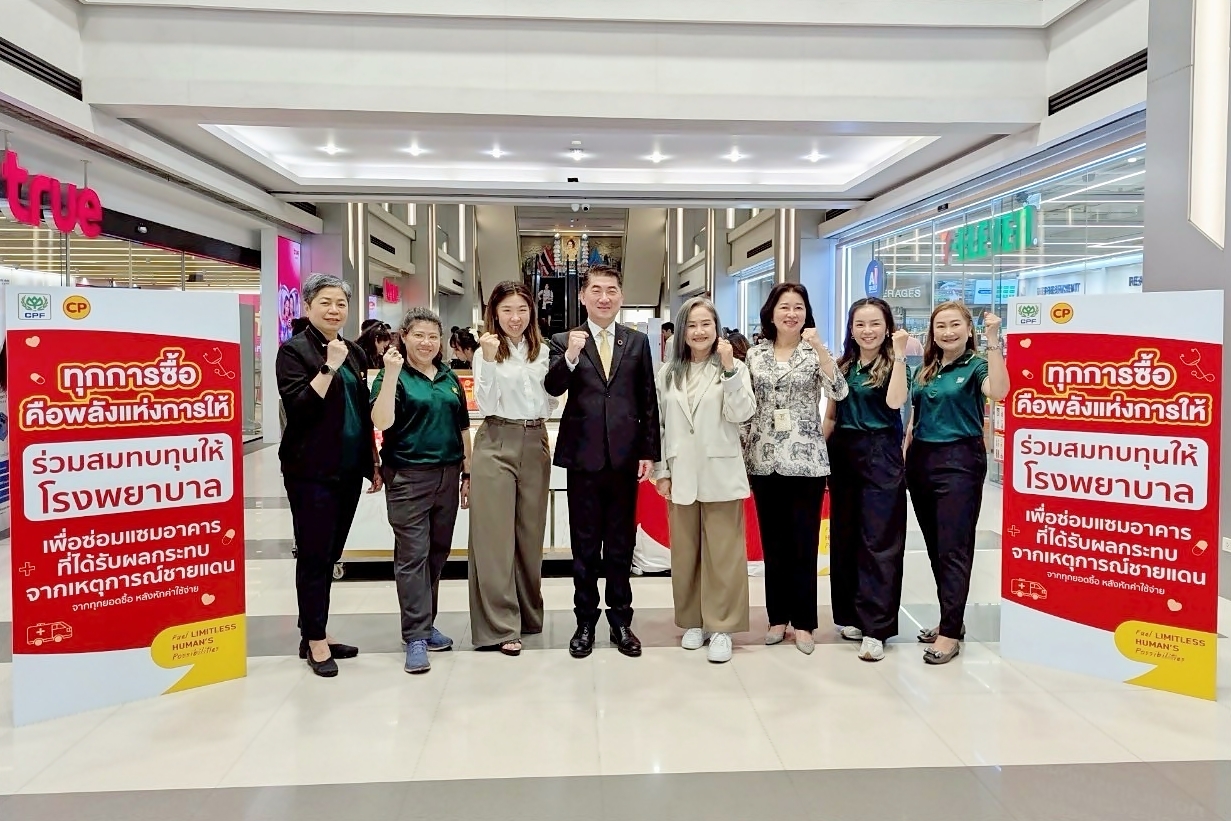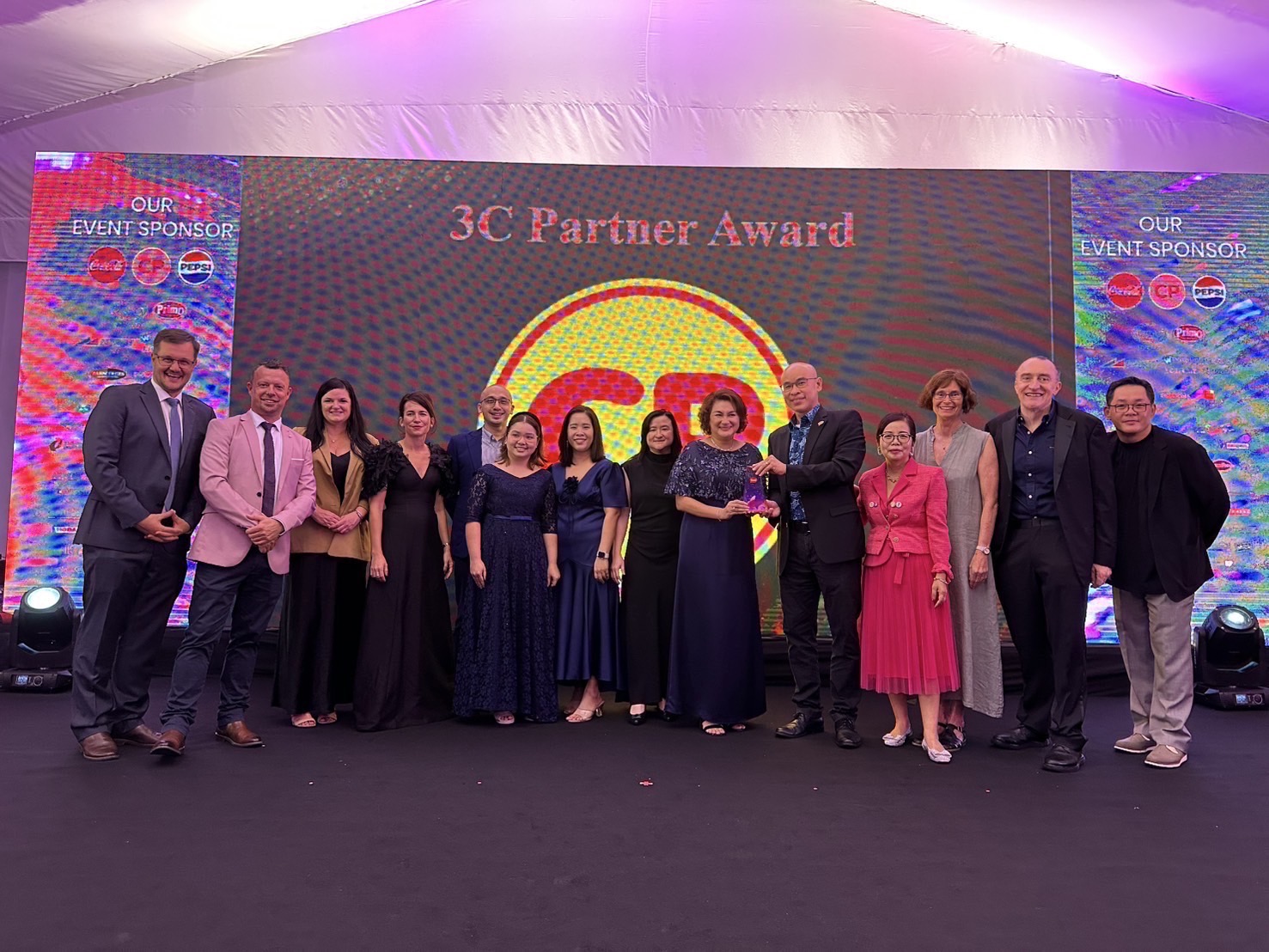

CPF denounces slavery
Regarding the allegations of slavery in some Thai fishing boats supplying fish for the production of fishmeal to the Thai seafood industry, Charoen Pokphand Foods PCL (CPF), a leading farmer of shrimp and producer of shrimp feed, has stated that it is against slavery and forced labor in any shape or form, and that, since two years ago, the company has been strongly pushing forward a Fisheries Improvement Plan both in the Gulf of Thailand and Andaman Seas, which specific aims to assist Thailand as a nation to solve labor problems throughout the Thai seafood supply chain.
Mr.Adirek Sripratak, President and Chief Executive Officer of CPF, says, “CPF unequivocally denounces slavery and forced labor. Since April 2013, we have tried our best to actively audit our entire supply chain. CPF will stop all business with vendors who are found to violate our CPF CSR & Ethical Policy. In addition, we have been working closely with the Thailand Department of Fisheries and eight Thai seafood & fishing associations to stop all use of illegal labor. CPF strictly complies with Thailand’s labor laws and international labor laws.”
Since April 2013, CPF has also paid premium prices to purchase fishmeal, to compensate fishmeal producers for the higher costs related to certifying the whole supply chain all the way back to the fishing boats. Fishmeal is an ingredient used in the production of shrimp feed.
Mr. Sripratak adds, “CPF has also engaged the IFFO, the world’s leading NGO in regards to fishmeal and fish oil, to audit and certify its seafood supply chain. Within June 2014, a CPF shrimp feed factory will become the first feedmill in Asia to be certified IFFO RS Chain of Custody.”
For the first time in history, the eight key Thai seafood & fishing associations have signed a memorandum of understanding in February 2014, with an outline roadmap for the sustainable development of the Thai fisheries industry. The alleged ‘slave’ labor aspect will be positively addressed in this work. The coalition has put forward a Fisheries Improvement Plan (FIP) for the Gulf of Thailand and the Andaman Sea, and is attempting to raise an initial USD 500,000 to engage the Sustainable Fisheries Partnership (SFP) and the World Wildlife Fund (WWF), who are global NGO’s who have the skills and expertise to complete these studies.
“All of this is aimed at positively encouraging all stakeholders to jointly manage Thailand’s seafood industry in an ethical and sustainable manner,” says Mr. Sripratak.
In a related development, French-based Carrefour has announced the suspension of purchases from CPF. The company is in the process of clarifying the situation with the supermarket chain.
CPF’s export value to Carrefour was US$ 4 million in 2013, accounting for 0.03% of its total revenue of US$ 12 billion last year./









